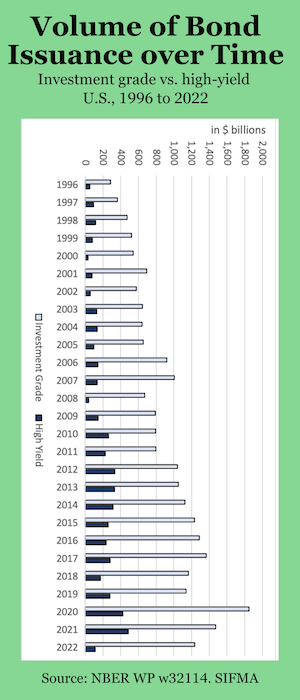Worker productivity in the U.S. rose during the Great Recession. Although the aggregate number of hours worked fell 10.01%, output dropped only 7.16%. Social scientists wondered whether this occurred because companies fired less-productive workers or because the retained workers worked harder.
In their paper, “Making Do With Less: Working Harder during Recessions (NBER Working Paper No. 19328),” researchers Edward P. Lazear and Kathryn L. Shaw of Stanford and Christopher Stanton of the University of Utah found evidence that employees worked harder.
In a review of computer-tracked daily productivity data for 23,000 workers at a large tech company between 2006 and 2010, they found a 5.4% increase in productivity, 85% of which they attributed to employees working harder.
The tech company had operations in states with high unemployment rates, like Florida, and states with relatively low unemployment rates, like Kansas. Worker effort rose the most in areas with higher unemployment rates. Workers whose productivity had previously been below-median boosted their productivity the most.
There was little evidence that less-productive workers had left the firm. Those newly hired during the recession were 1.5% more productive than all the other workers, but their impact on total productivity was small because they made up only 30% of the workforce. They accounted for only 0.68 percentage points of the overall 5.4% boost in productivity.
© 2013 RIJ Publishing LLC. All rights reserved.


